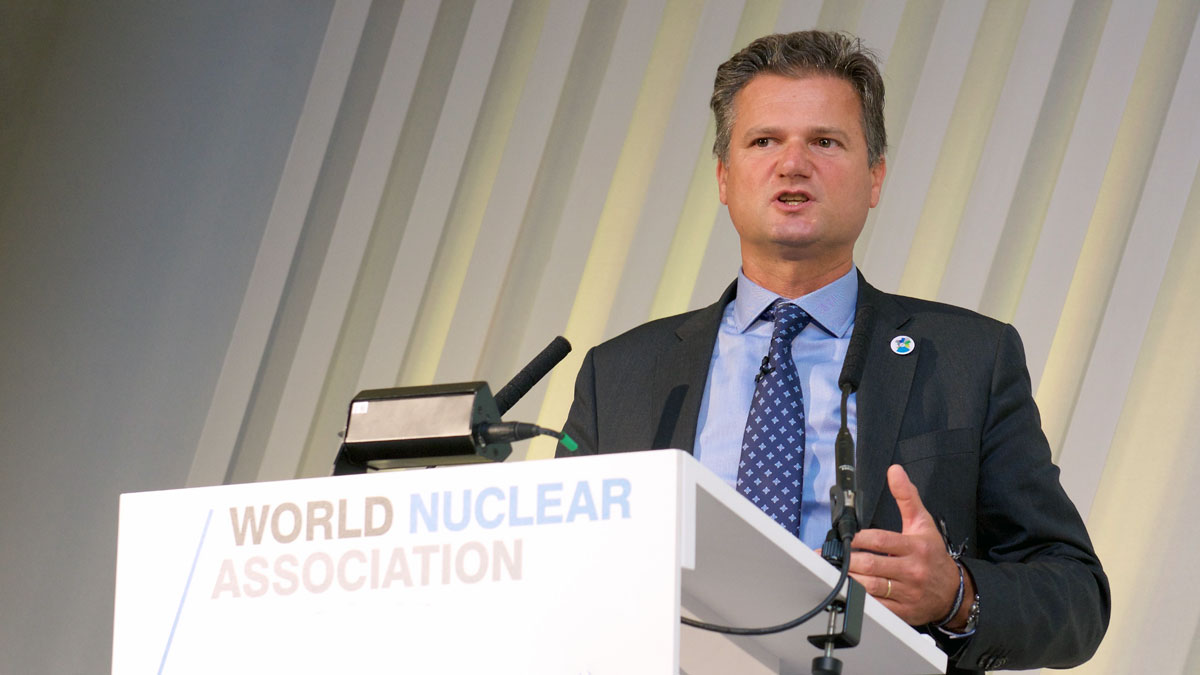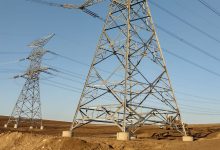FORATOM Proposes Improvements to Taxonomy Complementary Delegated Act
FORATOM welcomes the decision of the European Commission to include nuclear within the sustainable finance taxonomy under certain conditions. FORATOM has provided the European Commission with some suggestions for improvement, based on a rigorous analysis of the leaked draft complementary delegated act.
“We recognise that the European Commission has been under significant pressure in relation to the taxonomy and the status of nuclear,” states Yves Desbazeille, FORATOM Director General. “In this respect, we are pleased that a proposal is now on the table and that it does take into consideration some of the recommendations put forward by the Joint Research Centre.”
After an in-depth assessment of the leaked text, FORATOM has today written to the Commission in order to highlight the following points:
- Given that nuclear is already recognised as contributing to climate mitigation objectives and does not cause significant harm, it should be treated in the same way as, for example, renewables.
- The deadline for an operational repository for High Level Waste and Spent Fuel should be linked to the date when it will be needed (rather than a fixed deadline of 2050).
- Requirements relating to the use of Accident-Tolerant Fuels should only come into effect once such fuels are available on the market.
- The assessment of nuclear projects should be in full compliance of existing legislation and in accordance with Article 41 of the Euratom Treaty.
- EU investments in nuclear projects outside the EU should also be considered as taxonomy compliant.
- The nuclear fuel cycle should be included as an enabling activity.
- The production of heat and hydrogen from existing nuclear plants and advanced technologies should also be covered by the taxonomy.
- More flexibility, and certainty, should be granted to research and innovation in the nuclear field.
- In line with the principle of technology neutrality, nuclear investments should not be subject to separate disclosure requirements.
“We recognise that this issue remains a very complex one at political level,” adds Yves Desbazeille. “Nevertheless, we do believe that the issues listed above should be tackled in order to ensure that the principle of technology neutrality as enshrined in the Taxonomy Regulation is respected”. FORATOM has furthermore expressed its willingness to provide the European Commission with support where useful.
Sfen’s position on the draft delegated act on nuclear power
On December 31, the European Commission submitted to the platform on sustainable finance and to the group of experts from the Member States its “draft delegated act of European taxonomy dedicated to the nuclear and gas sectors”. As a reminder, the European taxonomy aims to classify activities favourable to the protection of the environment and the climate, to direct financial flows.
While the 60-page document has not been officially published, it is available on the internet and social media. Considering the importance of the inclusion of nuclear in the taxonomy for its future in Europe, Sfen (French Nuclear Energy Company) examined the project in detail and decided to publish its remarks with the aim of improving certain important provisions.
Sfen welcomes the recognition of the role of nuclear power in mitigating climate change and its inclusion in European taxonomy, in particular:
- That both existing second-generation reactors, third generation reactors (of the EPR and EPR2 type) and future fourth generation reactors be included. It is noted that the sector is currently benefiting from “rapid technological development”.
- That the atom is expected to produce electricity, but also “industrial heat, including for district heating purposes or for industrial processes such as the production of hydrogen”.
- The need to close the fuel cycle, as part of the European circular economy strategy.
This position of the European Commission is important because European taxonomy must not only encourage private investors to orient themselves towards included economic activities, but also, beyond its initial scope, influence other major European policies, such as eligibility for EU funds and state aid authorizations.
This draft delegated act still needs to be improved on certain details in order to:
- To offer investors long-term visibility and stability.
- To enable the nuclear industry to supply by 2050 the 15% of European electricity expected of it to achieve the Union’s carbon neutrality objectives.
- To fit harmoniously and logically into European nuclear regulations.
Sfen makes seven recommendations:
- Exit nuclear from transitional energies and include it in sustainable energies.
- Integrate fuel cycle activities.
- Include maintenance operations of nuclear installations in the taxonomy.
- Review the deadlines for the construction and extension of reactors.
- Review the dates on geological disposal.
- Do not touch responsibilities or hinder the action of the safety authorities.
- Do not require the use of Accident Tolerant Fuel.
About Sfen
Sfen is the French crossroads for knowledge about nuclear energy. Founded in 1973, Sfen’s mission is to develop the knowledge of all those interested in nuclear energy. Sfen brings together 3,600 professionals, engineers, technicians, chemists, doctors, teachers and students from industrial sites and French nuclear research organizations.
A non-profit, private company, Sfen is an association under the 1901 law.







